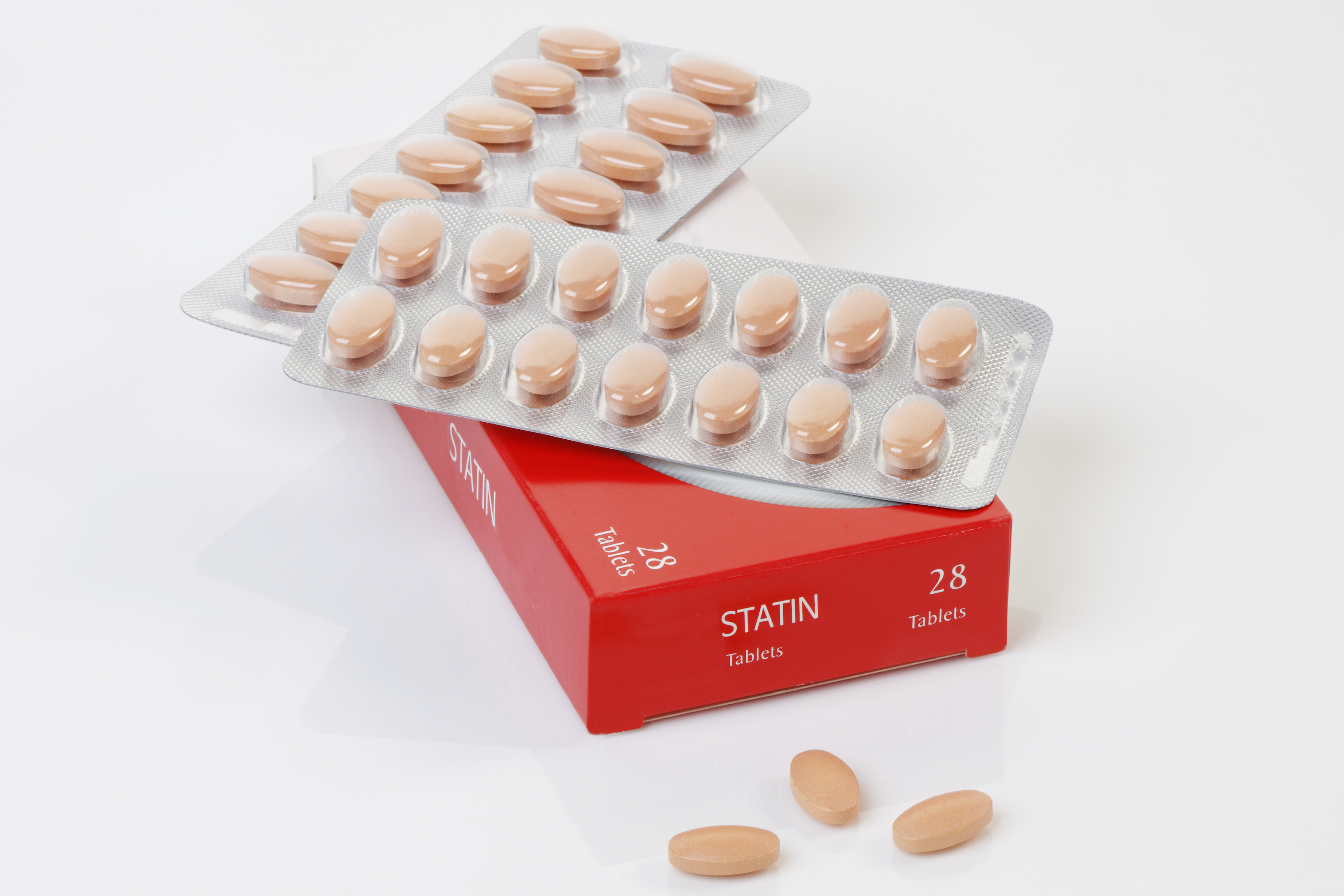Oslo, Norway—Doctors prescribe statin drugs to lower cholesterol and help the heart, but new data suggest they may have unforeseen negative effects on the heart and blood vessels.
Researchers from Japan believe vitamin K2 synthesis is inhibited by statins, thereby preventing the vitamin from doing its job and protecting arteries from calcification, according to a new paper published in the March issue of Expert Review Clinical Pharmacology.
Vitamin K2’s role in the body is activating the matrix GLA protein (MGP), the protein that prevents soft tissue and cardiovascular calcification. The only way that MGP can protect the soft tissues found in bones, blood vessels, lungs, hearts and kidneys is when it is in its active form, which requires dietary or supplemental intake of vitamin K2.
“This new paper speaks directly to statins interrupting the mechanism of action by which vitamin K2 inhibits calcification,” says Hogne Vik, chief executive officer of NattoPharma, Inc. “Conversely, research clearly demonstrates that increasing dietary vitamin K2, specifically as menaquinone-7, can improve vitamin K2 levels in the blood and tissues, thus promoting cardiovascular health.”
The researchers also found that statins inhibit the synthesis of certain proteins like glutathione peroxidase, which works to stop peroxidative stress. “An impairment of selenoprotein biosynthesis may be a factor in congestive heart failure, reminiscent of the dilated cardiomyopathies seen with selenium deficiency,” they state.
Separate research conducted by the R&D Group VitaK of Maastricht University in the Netherlands studied 244 healthy post-menopausal women, aged 55–65, for three years. One group (120 people) was given 180 mcg of a brand-name vitamin K2 (MenaQ7 from NattoPharma) and the other group (124 people) was given a placebo. It was found that those who had taken the vitamin K2 did not have any stiffening in their artery walls. Additionally, they showed improvement in vascular elasticity.
Published by WholeFoods Magazine Online, 5/29/2015










